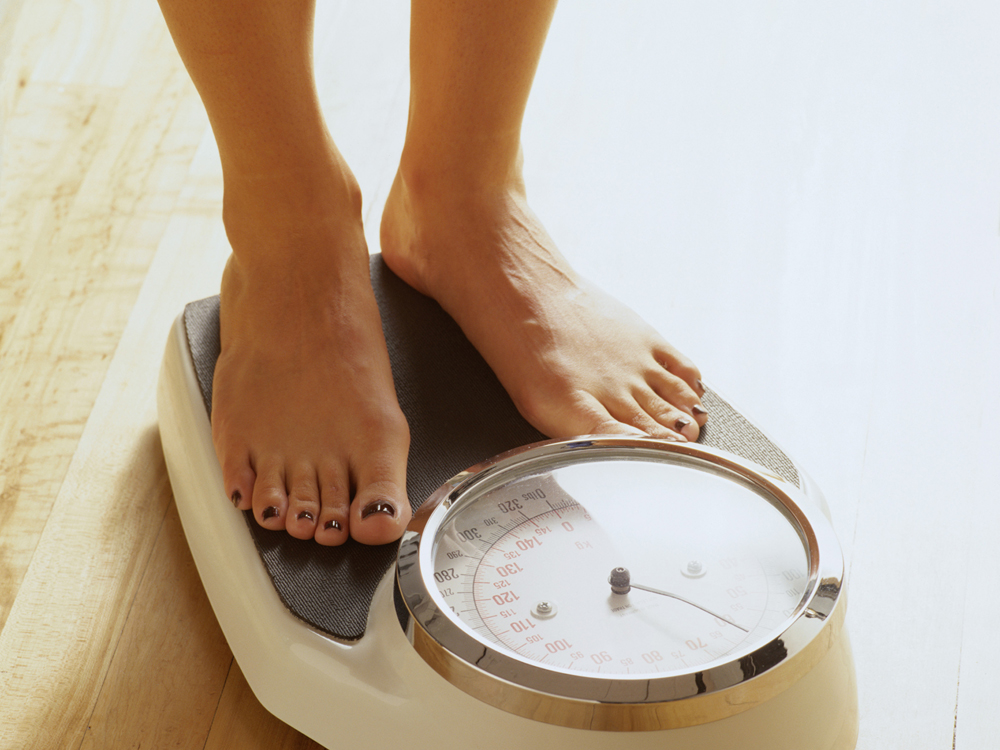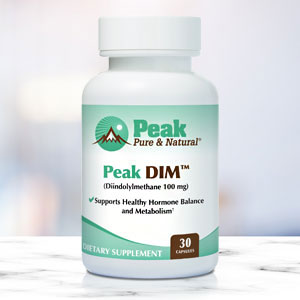Get Easy Health Digest™ in your inbox and don’t miss a thing when you subscribe today. Plus, get the free bonus report, Mother Nature’s Tips, Tricks and Remedies for Cholesterol, Blood Pressure & Blood Sugar as my way of saying welcome to the community!
Stubborn hormones profoundly affect your weight

Recently I discussed why hormones make you heavy, specifically low thyroid function and excess cortisol.
But your sex hormones have a profound effect on your weight too whether you’re a man or woman. That includes testosterone, DHEA, progesterone, and estrogen.
With hormones coming at you from every direction impacting your weight, I hate to bring this up… but there are even hormones that affect your appetite: leptin and ghrelin. So we’ll be touching on those as well to help you understand the big picture…
DHEA and testosterone
DHEA is the precursor sex hormone to the formation of both testosterone and estrogen. It enhances insulin sensitivity and has an anti-obesity effect, among other health benefits. If your DHEA is low, then your testosterone level will be also low.
Low testosterone levels in both men and women is associated with low libido, reduced muscle mass, and reduced bone density. Over the years, consuming too many carbohydrates and unhealthy fats (trans-fats) leads to increased insulin, which in turn, decreases the production of DHEA. It’s a cycle you don’t want to get caught in, because low levels of both of these contribute to unwanted body fat.
Low DHEA (and therefore low testosterone) definitely results in enlarged breasts (feminization) and abdominal obesity, among other symptoms for men.
For women, the low libido and poorly toned muscles promotes a lack of exercise and slower metabolism, promoting fat. If you’re deficient in DHEA then supplementation can help lower your fat storage and increase your muscle tone —so will eating a nutrient-rich, low-simple carbohydrate diet.
Testosterone supplementation may promote a leaner body with less unwanted body fat.
Estrogen
High estrogen in men can be weight-promoting as mentioned above. However, in women, the effect of estrogen needs further explanation.
Estrogen is known to have approximately 400 functions in the body, and many of these functions are influenced by other hormones and body conditions. The three main estrogens are estrone, estradiol, and estriol. Some of the functions of estrogen are not so good…
For example, estrone (in particular, 16-hydroxyestrone) is associated with obesity, low thyroid hormone levels, and an increased risk of breast cancer. This fits with the fact that synthetic estrogens (including xenoestrogens from personal care products, plastics, pesticides, etc.), when unopposed by progesterone, is weight-promoting. Think of these kinds of estrogens as the “dirty” estrogens — the ones that lead to inflammation and unneeded molecules that get stored in your body fat (almost as a protection from the rest of your body).
Yet on the other hand, obesity is clearly one of the symptoms of menopause. Meaning, that when a woman’s natural estrogen levels drop (menopause), weight gain is typical.
Many of you may have experienced this effect within a few short years after the onset of menopause. We also know that a low estrogen level is one of the causes of excess insulin production.
This was demonstrated in a study 1 reported in 2012, in which a search of the scientific literature from 1966 to 2012 (46 years) found that menopause is indeed associated with increased total body and abdominal fat.
The researchers concluded that “The hormonal changes across the perimenopause substantially contribute to increased abdominal obesity which leads to additional physical and psychological morbidity. There is strong evidence that estrogen therapy may partly prevent this menopause-related change in body composition and the associated metabolic sequelae.”
How much weight gain does the typical post-menopausal woman gain? A 2010 study in the International Journal of Obesity reported that on average, within eight years after menopause (not more periods) women gained 12 pounds. And, women who maintain the same weight generally experienced an expanding waistline.
It’s not just a matter of being heavy; we know when your waistline grows larger than 34 inches, your risk for heart disease, high blood pressure and diabetes goes up too. It’s no secret that for the sake of women’s health, it’s important to know what contributes to this effect and what to do about it. I’ll devote my next article to this very important topic.
Progesterone
First off, realize that synthetic progestogens can have a very different effect than natural progesterone in your body. When progesterone levels are low (relative to estrogen) this may cause a woman’s breasts to begin growing again after they stopped growing after adolescence, and feel painful prior to menstruation.
Other premenstrual syndrome symptoms (belly bloating, heavy/painful periods, irritability, etc.) and increased breast and body weight indicate a need to balance progesterone relative to estrogen.
It’s important to remember, the hormone levels we’re discussing can be checked and managed by your physician.
Leptin and ghrelin
These hormones counteract each other for the purpose of regulating your hunger and basic body energy needs. Leptin is known as the “satiety hormone” because it turns off your appetite. It is primarily produced in your very own fat cells, but also by skeletal muscle, bone, stomach, ovary, and breast skin cells. Ghrelin is called the “hunger hormone” because it stimulates hunger and is produced by your stomach, small intestine, pancreas and brain. (Read here about how ghrelin affects dieting).
The imbalance of these in the obese person is that much like insulin in a type 2 diabetic, there is a decreased sensitivity to leptin, so they cannot detect when they are full…and keep on eating, despite already having too much energy stored.
Editor’s note: Did you know that when you take your body from acid to alkaline you can boost your energy, lose weight, soothe digestion, avoid illness and achieve wellness? Click here to discover The Alkaline Secret to Ultimate Vitality and revive your life today!
[1] Davis SR, Castelo-Branco C, Chedraui P, Lumsden MA, Nappi RE, Shah D, Villaseca P; Writing Group of the International Menopause Society for World Menopause Day 2012. Understanding weight gain at menopause. Climacteric. 2012 Oct;15(5):419-29. Find online here: http://www.ncbi.nlm.nih.gov/pubmed/22978257














